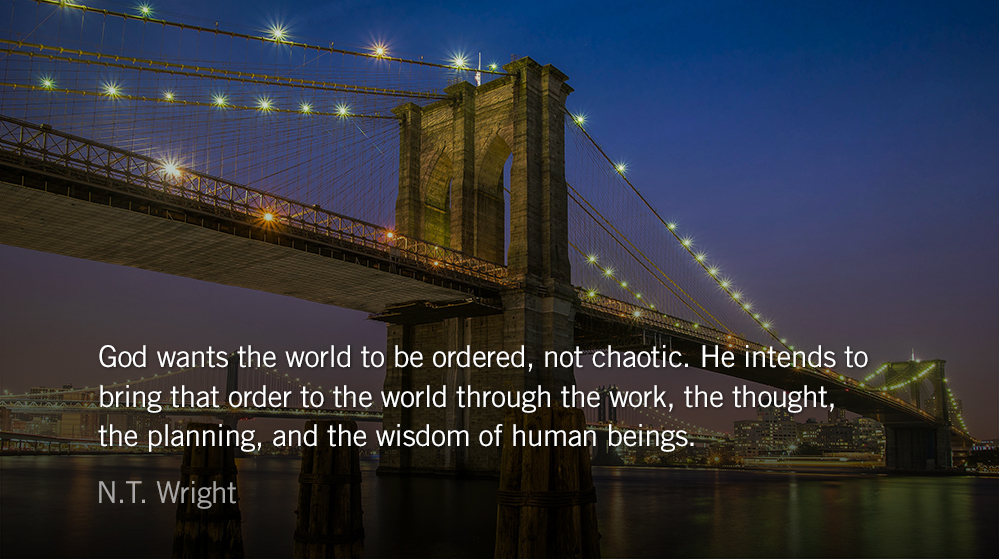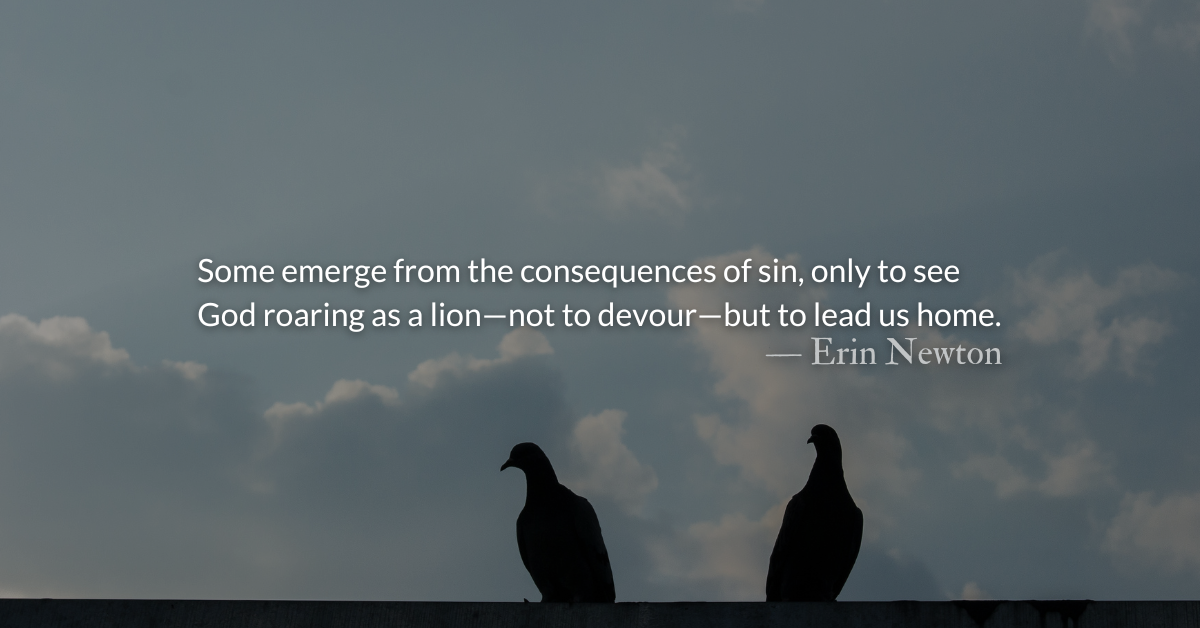Let everything that has breath praise the Lord! Praise the Lord! — Psalm 150.6
It is easy to forget, in the deluge of political conversations that have consumed the past few months, that although the church’s role in this world necessarily involves politics, it is not itself political.
The book of Psalms spans every possible human emotion, reflects on geopolitics, laments evil, and cries out for godly leadership on earth—yet it concludes with three psalms dedicated entirely to praise.
The psalmist not only calls the Church to worship, but rebukes every earthly system of power and authority that will ultimately prove insufficient to deliver what humankind needs most. N.T. Wright, as he concludes his book Simply Jesus, reflects on how the church can maintain its focus on God’s calling and sovereignty amidst shifting political powers:
We must give full weight to the difficult but important biblical vision of God’s sovereignty over the nations and his determination to shape their fortunes to serve his higher purposes. This belief is so important for any vision of what it means to speak of Jesus’ kingship in the present time that we must spell it out slightly more fully before drawing the threads together.
First… God wants the world to be ordered, not chaotic. He intends to bring that order to the world through the work, the thought, the planning, and the wisdom of human beings….
Second, even when the rulers are wild or wicked, God can bend their imaginings to serve his purpose…. Third, then, God will in the end call the nations to account….
Yes, God can and does work in all sorts of ways outside the church. There are many movements of thought and energy totally beyond the life of the church in which wise Christians can discern and celebrate God’s sovereign and gracious presence….
But we do not, because of that, lose sight of one of the church’s primary roles: to bear witness to the sovereign rule of Jesus, holding the world to account. And when I say “bear witness,” I mean it in the strong sense I spoke of earlier. Like a witness in a law court, we are not just telling about our private experiences. We are declaring things that, by their declaration, will change the way things are going.
Today’s Reading
Amos 4 (Listen – 2:21)
Psalms 148-150 (Listen – 3:04)






